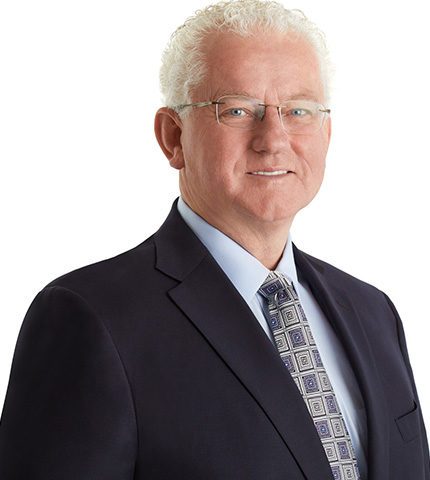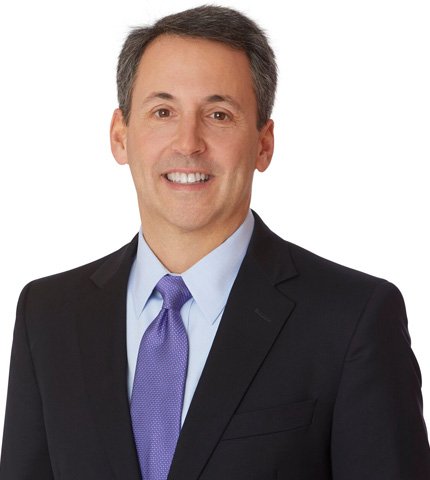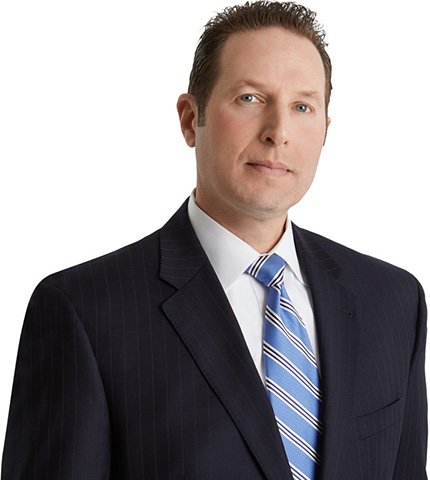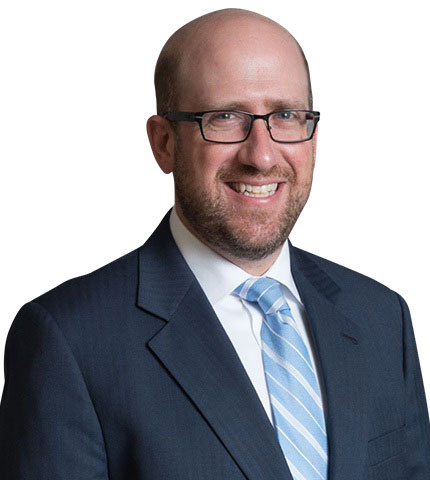Can Social Media Affect My Injury Case?
Why You Should Avoid Posting on Social Media After an Accident
Social media has become a daily part of our lives. So much so that people often post information without thinking twice about how it might affect something like their personal injury case. For an injured person involved in litigation, the ramifications of social media posts on the outcome of your recovery should be thoughtfully considered.
If you have been injured in an accident caused by someone else’s negligence, you should speak with an experienced legal team immediately. Denlea & Carton is an award-winning injury law firm dedicated to serving the wrongfully injured. Call us today at (914) 368-7168 or send us a message online for a free consultation.
What Kinds of Social Media Posts Might Harm My Case?
If you are one of the millions of people that post on social media each day, you might be used to sharing every aspect of your life. If you have a pending personal injury lawsuit you might want to think twice before you send that tweet or post a picture. When in doubt it is best to take a social media break while your case is pending.
If you have a pending lawsuit, you should avoid:
- Posting pictures that make it look like you are engaging in physical activity that would be difficult due to your injuries.
- Posting vacation photos that contradict your claim to have been confined to home
- Sharing information about your accident or your lawsuit.
- Accepting new friend requests from people you do not know.
- Sharing updates about your job or recreational activities.
- Posting details about your injuries.
Even posts that you believe are not harmful may be taken out of context and used to downplay your injuries or contradict your claims. Additionally, you should not delete posts that you think might be incriminating. If your profiles are public, set them to private.
Legal Rulings About Social Media & Litigation
New York Courts have routinely ruled that social media posts can be admitted into evidence, even if it is private.
In 2018, the New York Court of Appeals ruled unanimously in Forman v. Henkin that “private” social media posts may be subject to discovery in civil lawsuits such as personal injury cases.
Last year, the Court of Appeals in People v. Rodriguez, 38 N.Y.3d 151 (2022) found that incriminating screenshots were properly authenticated and admitted into evidence at the trial level.
How Insurance Companies Use Social Media Against Injured Parties
As a result, insurance companies (and their lawyers) will diligently investigate all forms of social media looking for information that may show that your injury is not as severe as has been claimed or that its effects are less debilitating than you or your lawyers allege.
In some cases, the defense may be granted permission to look at your private posts and messages as well. If social media posts can be used to contradict your injury claims, the insurance company will use them to reject or minimize the recovery to which you may otherwise be entitled.
But Social Media Can Also Help…
Fortunately, social media investigations can work both ways. Social media can also be used “offensively” to demonstrate the defendant’s carelessness or reckless behavior. Social media evidence can also be used to illustrate the impact of your injuries on your life by comparing and contrasting the activities in which you were engaged before and after your accident.
Although every claim is different, be mindful of what you post on social media while you are involved in a personal injury lawsuit. Remember also to always consult with your attorney if you have any questions about the potential impact of your posts.
Need Legal Guidance? Contact Denlea & Carton.
Denlea & Carton is a premier injury firm in White Plains, NY serving all of Westchester County and beyond. If you have been injured, you may be entitled to compensation through a personal injury claim.
The legal team at Denlea & Carton are seasoned trial lawyers who have recovered more than $1 million in verdicts and settlements for injury clients. Contact us today at (914) 368-7168 or online to schedule a free consultation.


















